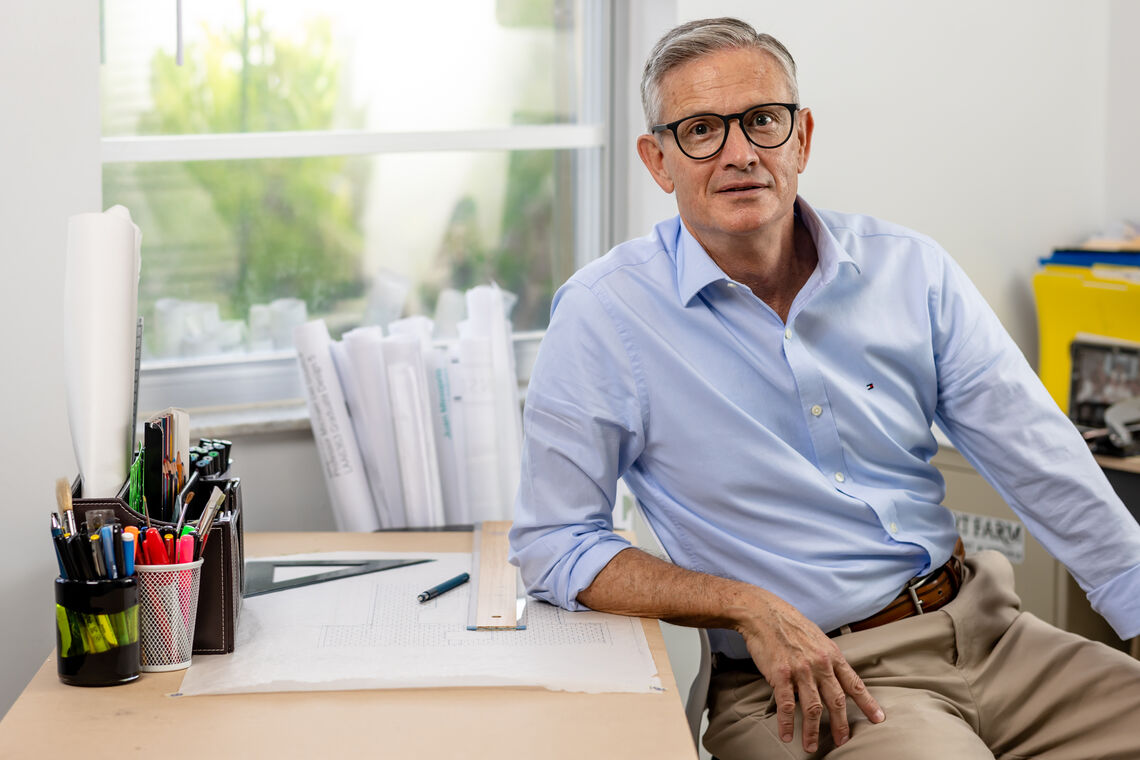Having recently rejoined WRT, Michael Del Giudice brings 30 years of experience to help grow the firm's dynamic interdisciplinary higher education planning practice.

Throughout his career, Michael Del Giudice, has been focused on providing planning and design services for higher education institutions, working on both the consultant side at both large and small firms, as well as six years as Chief Planning Officer at the University of Colorado, Denver. Having spent 13 years at WRT early in his career, he has rejoined our practice as a senior planner and urban designer where he will be implementing an interdisciplinary approach to creating sustainable, flexible, and equitable campuses across the country. We recently caught up with him to learn more about his journey.
How has your work as an urban designer and planner evolved through the years?
Over the years, I've learned to actively listen. Early in my career, I'd lose track of stakeholder input because I was simultaneously formulating ideas and solutions in my head. It's critical to hear and have dialogue with stakeholders to understand their issues, needs, wants, and aspirations.
I also learned the importance of sharing with my co-workers—and mentoring the next generation.
Lastly, over time I grudgingly transitioned from a designer into a planner. Planning for me is about identifying the most optimal arrangements and relationships of dynamic systems to ensure clients can achieve their Mission, Vision, and strategic priorities and goals.
What aspects of higher education campus planning are you most passionate about?
It's the puzzle. It is figuring out how all various programmatic, cultural, financial, external, and physical (built/natural) elements of a college or university get organized to maximize the effectiveness of each, as well the whole. Getting it right is the passion—and reward!
Also, the opportunity to engage with each institution's internal and external community of stakeholders is gratifying.
What are the most important aspects of your work with clients?
The most important aspect of my work is ensuring client satisfaction—whether an individual, a board of directors, regents, or a campus community. So this gets back to clear and continuous communication and engagement in visual, verbal, and written format, as well as ensuring the ultimate planning document successfully addresses the client's priorities, goals, and objectives.